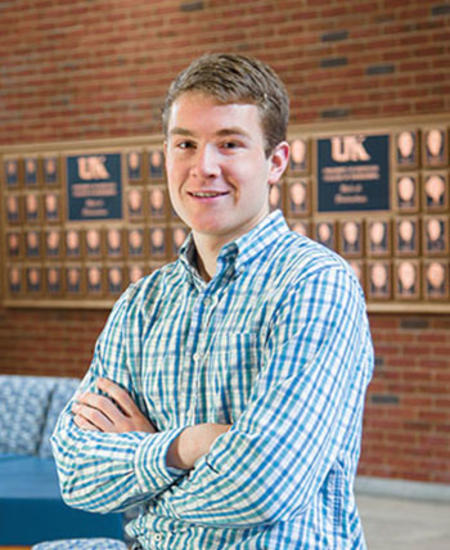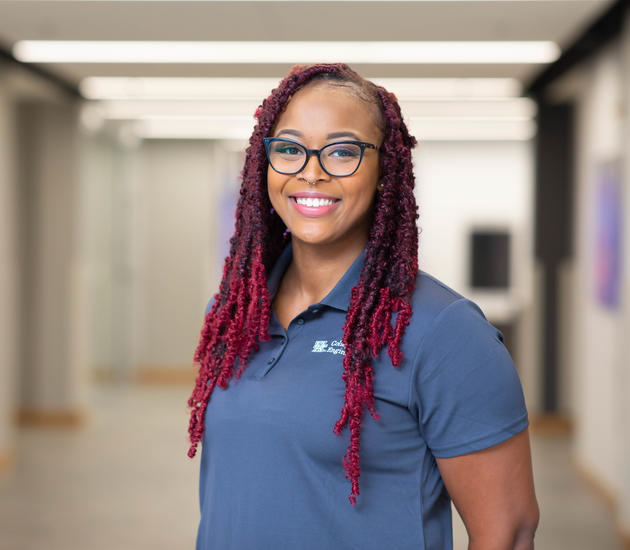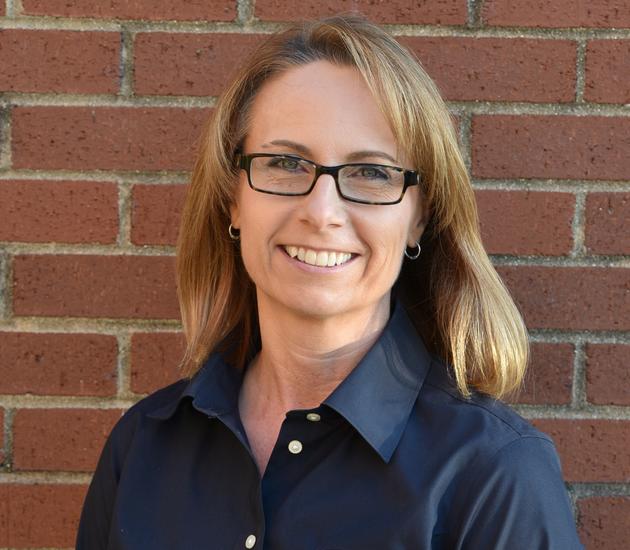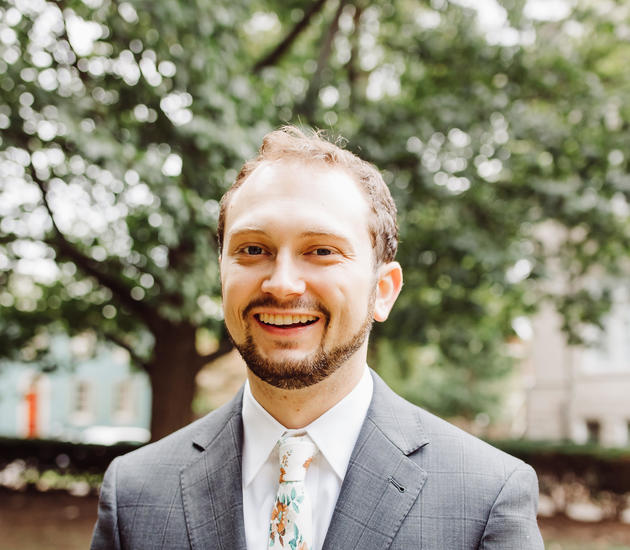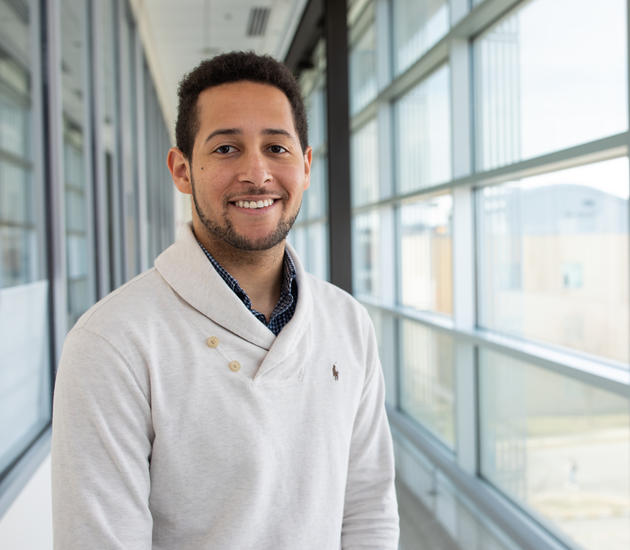By Kel Hahn
Senior Stephen Parsons is putting the finishing touches on a double major in computer science and international studies. If that juxtaposition strikes you as odd, you’re in good company; Stephen himself has only come across one other student with the same double major and he was stunned to find one. The tandem is unconventional, perhaps, but little about Stephen qualifies as conventional.
For example, after graduating in May, Stephen will begin full-time employment at Microsoft. That sounds normal enough—until Stephen begins describing how he wants to bike from Yorktown, Virginia to Seattle to begin his job. So much for the ordinary.
Then there is the fact that computer science and international studies were Stephen’s fourth and fifth majors since enrolling at the University of Kentucky and the previous three—biosystems engineering, physics, chemical engineering—weren’t what he originally wanted to pursue in the first place (biomedical engineering). In fact, Stephen admits that a computer science major was a kind of internal compromise, a way to move forward without worrying about missing out.
“I thought that since I was indecisive, computer science’s breadth would apply to a number of fields,” he laughs. “I don’t know why I hadn’t originally thought of majoring in it.”
However he arrived at it, computer science touches the heart of what most interests him: solving problems with technology.
“That is why I wanted to major in biomedical engineering in the first place,” he says. “I get more out of thinking about what we can create that will be useful to people.”
International studies, then, complements Stephen’s overarching desire to help people in tangible ways by providing insight into the dynamics of developing nations and poorer communities. On-the-ground stories about such needs prompt Stephen to consider ways technology can intervene; thus, the two disparate majors reinforce each other in inspiring and challenging ways.
Stephen’s specific interest in Latin America has roots in his participation in a Spanish Immersion Program that plunged him into the Spanish language from the time he was in kindergarten. Over 12 years, half of Stephen’s classes were taught in Spanish and class trips took him to Costa Rica and Spain. As he planned his coursework for his senior year at UK, he saw that the door was open for another trip abroad, this time to Cusco, Peru.
“Peru is smaller than Alaska, yet you don’t have to go far to see amazing biological and geographical diversity. Ocean coastline, mountain ranges, jungles—Peru has all of it,” Stephen summarizes.
Although the program put Stephen with 25 other Americans—which created a more encapsulated experience than Stephen thought he would have preferred—he found plenty of time to explore the people and places of Peru. He stayed with a Peruvian family and spent off days getting to know locals, including an instrument shop owner who allowed Stephen to come in a few mornings each week to build his own ten-stringed instrument called a charango. To return the shop owner’s kindness, Stephen helped him get his phone and computer connected to the Internet.
Theory is interesting, but I find it quite challenging and I prefer to think about problems we can actually solve with technology.
As Stephen looks ahead to launching his career at Microsoft, he not only has an international study experience under his belt, but also an internship at one of the most recognizable tech brands in the world: Google. The summer before leaving for Cusco, Stephen received a product management internship at Google’s San Francisco office.
“I was looking for software development internships on Google’s website and stumbled across the product management internship, which I had never even heard of,” Stephen explains. “But it excited me because of my interest in how we apply technology. As a product manager, I was on a team of engineers working on the Google Maps desktop interface; but whereas they spent their time coding, I would set a vision for the product, determine what problems were important, defend it with data and define solutions. It is a totally different focus than what the engineers are doing, and I was fascinated by the opportunity to think about those kinds of problems all the time.”
Stephen will fulfill a similar role when he arrives at Microsoft this summer. If he continues to enjoy immersing himself in the big picture questions pertaining to products, Stephen says he envisions applying technology to government and civil systems.
“Long-term I would like to get involved in something similar to Code for America and work with local governments to make their services more accessible to the public. Imagine streamlining systems so that the public could navigate forms and processes as easily as they do most areas of the Internet; I would like to be a part of that.”
